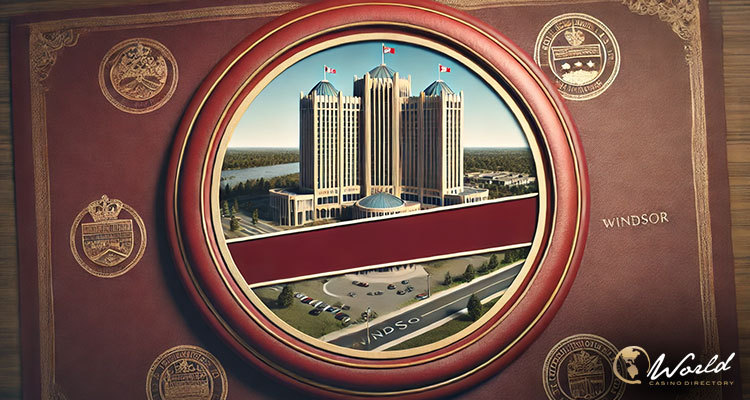The debate surrounding the Koi Nation’s proposed casino and resort in Windsor, California, has intensified with notable political figures and entities lining up against the project. The opposition includes local bodies like the Windsor Town Council and the Sonoma County Board of Supervisors, extending up to state and national representatives such as Sen. Mike McGuire, Reps. Jared Huffman and Mike Thompson, and U.S. Sen. Alex Padilla.
Growing opposition to the Koi Nation casino project:
On a significant turn on Friday, August 16th, Governor Gavin Newsom’s administration voiced its disapproval through a compelling letter sent by Matthew Lee, the state’s senior adviser for tribal negotiations, to the U.S. Department of the Interior.
In his communication to Bryan Newland, the assistant secretary for Indian affairs, Lee said that the governor“is concerned that these specific projects are proceeding in a manner that would sidestep the State, ignore the concerns of tribal governments and other local communities, and stretch the ‘restored lands’ exception beyond its legal limits — while failing to adequately consider whether there might be a better way.”
The response from local tribes and leaders was immediate. Dino Beltran, vice chair of the Koi Nation, criticized the Governor’s stance, suggesting a fundamental misunderstanding of federal law by the Governor’s office despite the tribe’s efforts to educate stakeholders on their eligibility under IGRA’s ‘restored lands’ exception.
As The Press Democrat reports, he commented:“Despite our nation’s best efforts to educate stakeholders about our eligibility to seek gaming-eligible trust land under the Indian Gaming Regulatory Act’s (IGRA) ‘restored lands’ exception, it is evident that the Governor’s opposition reflects a fundamental misunderstanding of federal law.”
Conversely, Greg Sarris, chair of the Federated Indians of Graton Rancheria and a prominent local opponent, praised the thoroughness of the governor’s letter. He underscored the broad spectrum of opposition spanning from local councils to federal levels, emphasizing the consolidated resistance to the Koi casino project.
Environmental and cultural concerns:
The Bureau of Indian Affairs is currently accepting public comments on the environmental impact statement for the Koi casino, with the deadline set for August 26. Sarris, in his arguments, has also pointed out historical and cultural reasons against Koi’s proposed site in Shiloh, noting the tribe’s lack of ancestral ties to the area, which is significantly distant from their historical lands around Clear Lake.
The argument extends to how the exception of the restored land has been previously interpreted and applied. Lee contrasted the current situation with Governor Newsom’s previous approval in 2022 for the Tejon Indian Tribe’s casino project under unique circumstances, including historical treaty contexts.
This scenario illustrates California’s distinct tribal history, where native dispossession dynamics differ markedly from other regions, usually allowing tribes to remain closer to their ancestral lands.
The ongoing controversy over the Koi Nation’s casino proposal not only touches on legal and historical precedents but also stirs significant community concerns about increased traffic, crime, and environmental impacts in the rural Shiloh area.
As the dialogue continues, other local tribes, including the Lytton Band of Pomo Indians, have also expressed support for the governor’s stance, emphasizing the potential adverse impacts on the community and environment if the casino projects proceed without stringent safeguards.



